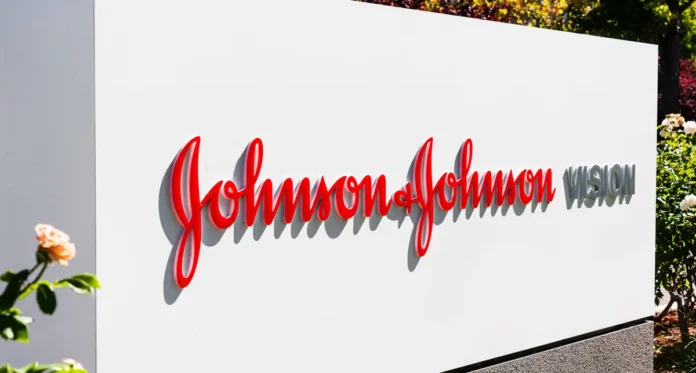New Brunswick, NJ — [Date] – Following a historic $1.6 billion verdict under the False Claims Act (FCA), Johnson & Johnson (J&J) has filed a constitutional challenge to the law’s core provisions, igniting major legal and industry-wide debate.
The pharmaceutical giant, through its Janssen Products LP division, is appealing the decision to the U.S. Court of Appeals for the Third Circuit after a federal jury in New Jersey found it liable for promoting HIV drugs for unapproved uses, triggering massive FCA penalties.
J&J argues the FCA’s qui tam provisions — which allow private whistleblowers to sue on the government’s behalf — violate the U.S. Constitution by delegating executive powers to private individuals. The case follows growing scrutiny of the FCA’s structure and comes in the wake of rising legal and financial risks for corporations in whistleblower-driven litigation.
“The qui tam system is spiraling out of control,” said the National Association of Manufacturers in an amicus brief filed in support of J&J’s appeal. The group cited the $1.6B J&J verdict as evidence of “systemic breakdown.”
J&J’s brief claims the verdict is excessive and unconstitutional under the Eighth Amendment, especially since the case involved no proven patient harm and concerned life-saving medications. The company also contends that its commercial speech is protected by the First Amendment, raising broader questions about the limits of FCA liability tied to off-label drug promotion.
A coalition of influential organizations—including the U.S. Chamber of Commerce, the American Tort Reform Association, the Washington Legal Foundation, PhRMA, and AdvaMed—has filed briefs in support of J&J, citing significant constitutional concerns. Several point to the FCA’s whistleblower structure as a threat to presidential control over federal litigation.
The U.S. Department of Justice, which has intervened to defend the FCA, is expected to file its response in late August. The case could potentially reshape how whistleblower lawsuits are pursued and tested in courts nationwide.
This constitutional showdown comes amid a sharp increase in FCA trials, prompted in part by the Supreme Court’s 2023 Schutte v. SuperValu decision, which emphasized a defendant’s state of mind in fraud allegations.
The appeal, U.S. ex rel. Penelow et al. v. Janssen Products LP, case number 25-1818, could have far-reaching implications for the future of FCA enforcement, whistleblower power, and the constitutional limits of federal fraud litigation.



